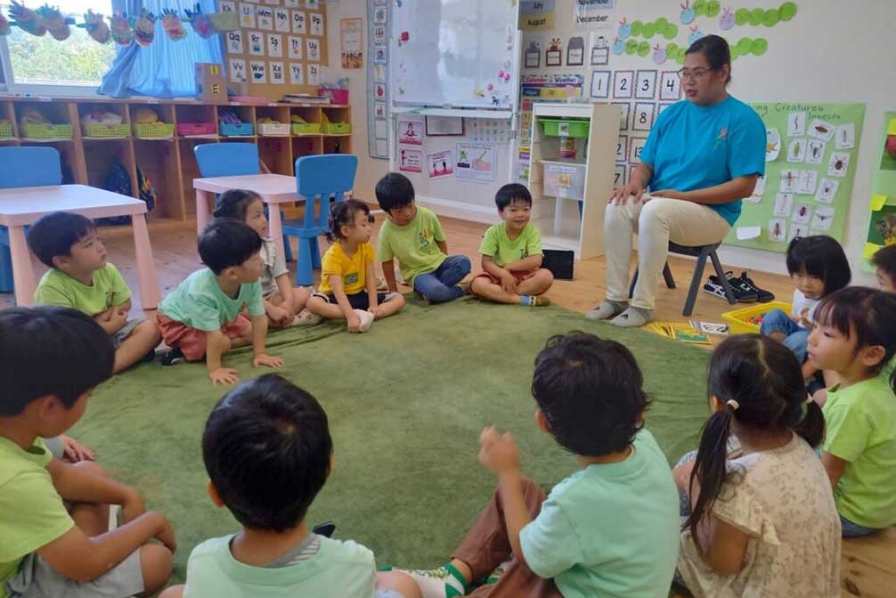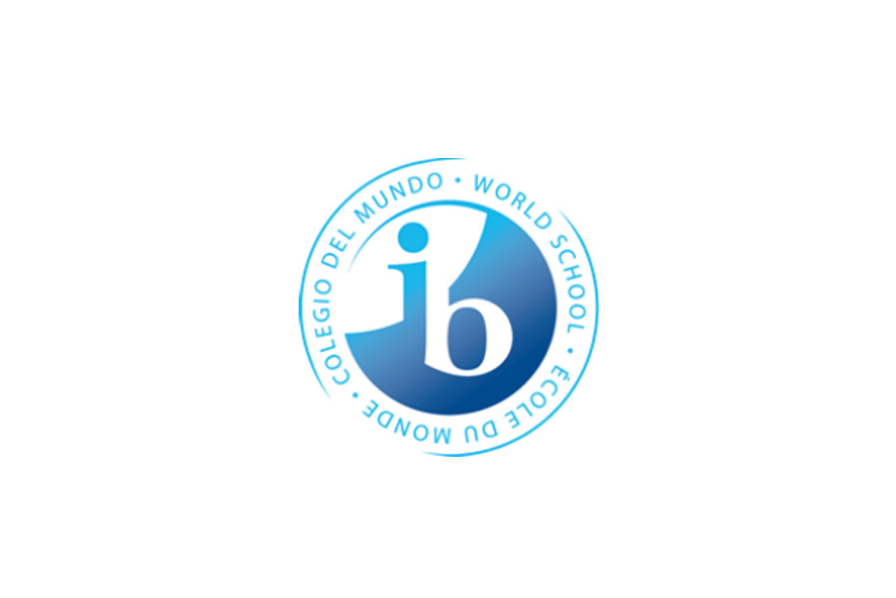They are given opportunities to set personal goals, reflect on their learning, and self-assess.
Teachers act like guides, supporting students’ learning development and sometimes steering the direction. Discussions take place among students, who set their own goals, determine how to achieve them, and conduct self-assessments as part of the evaluation process.


